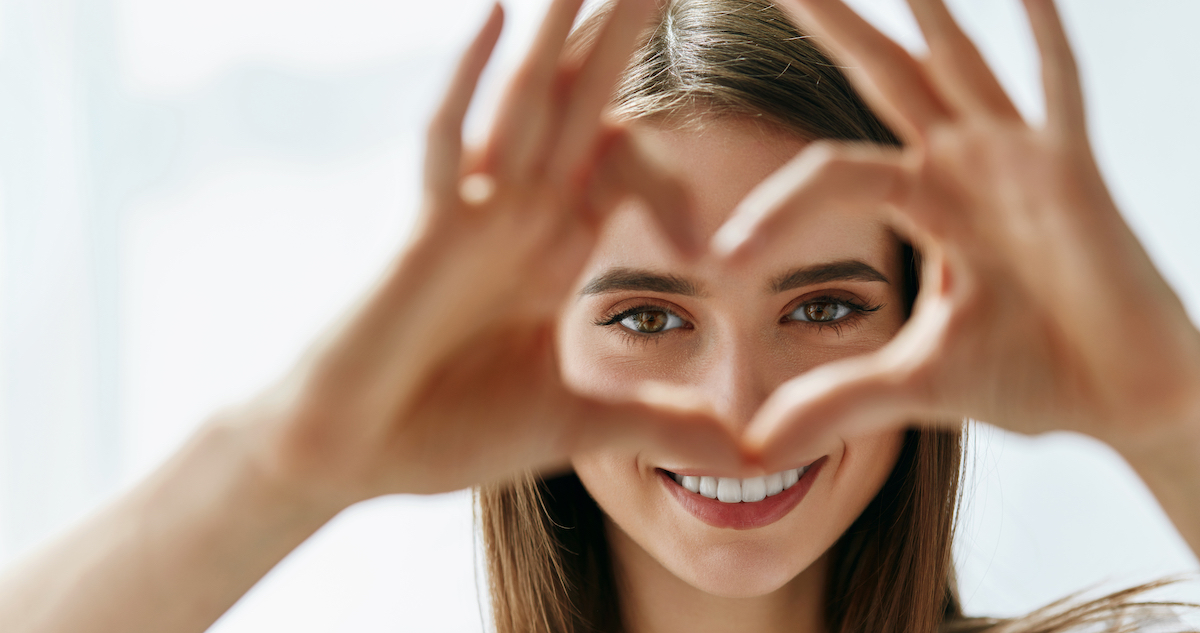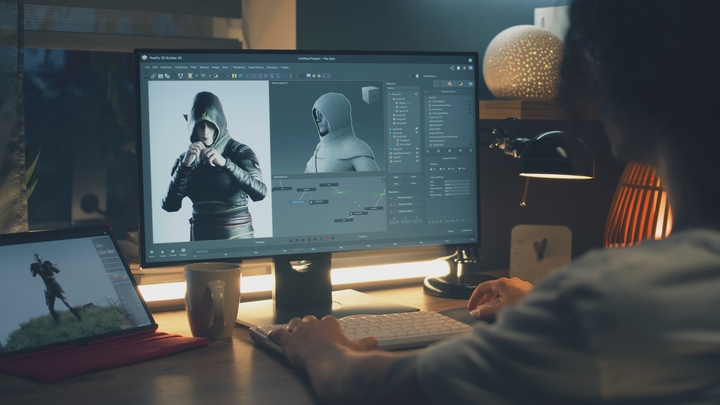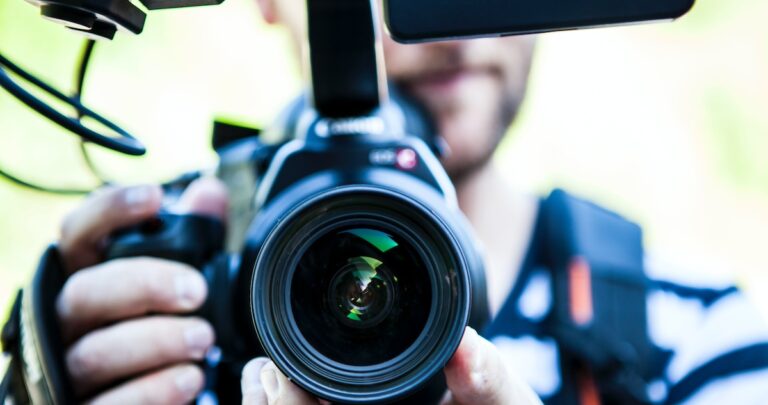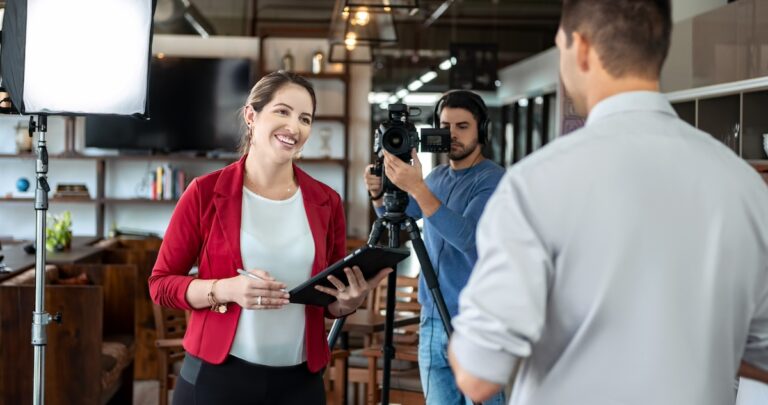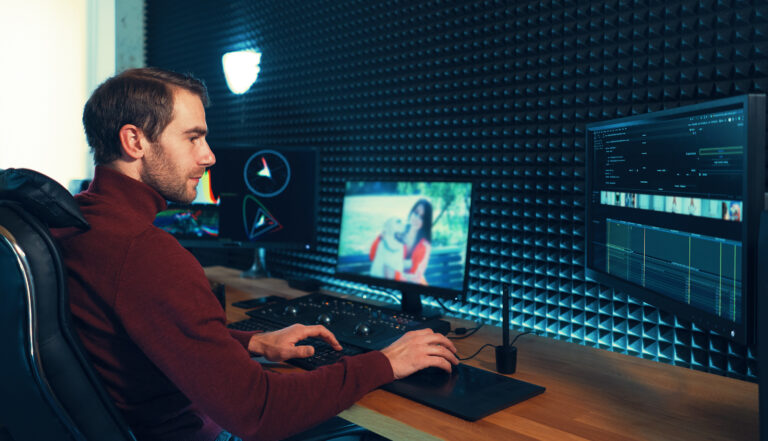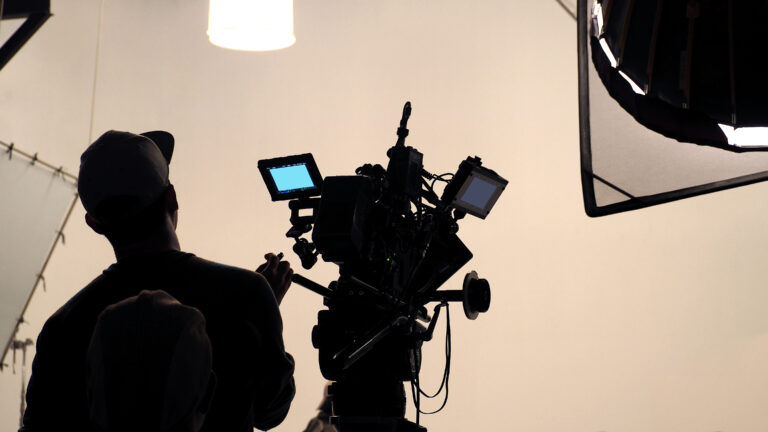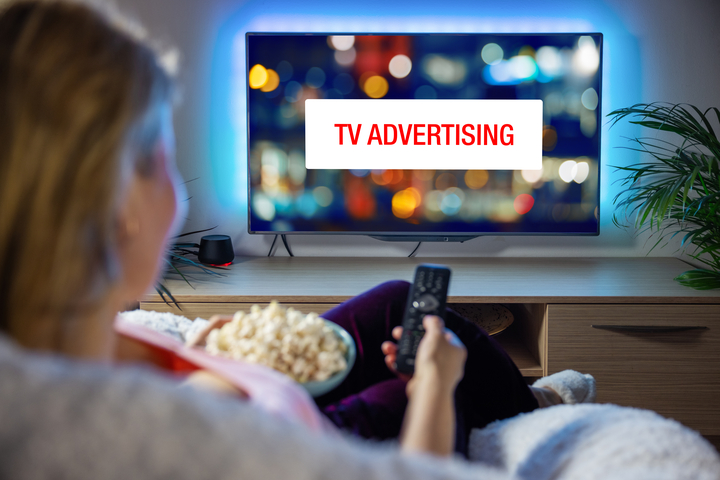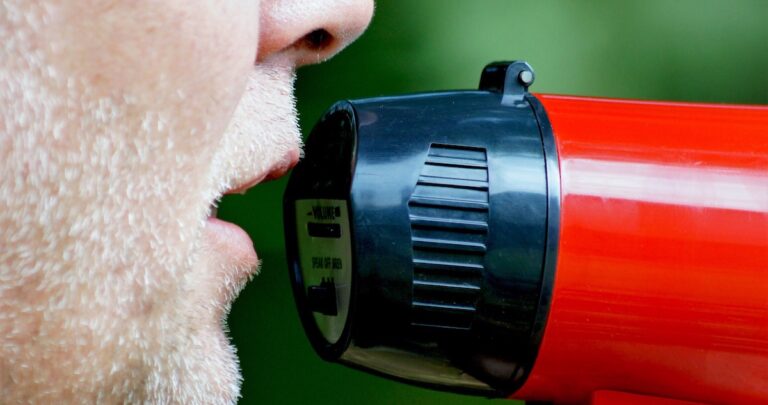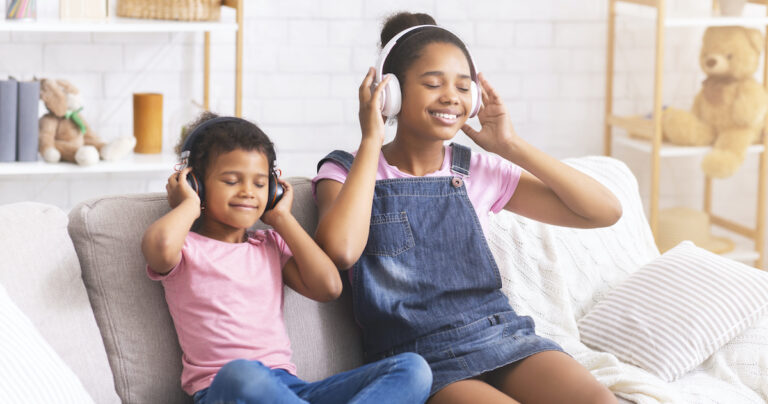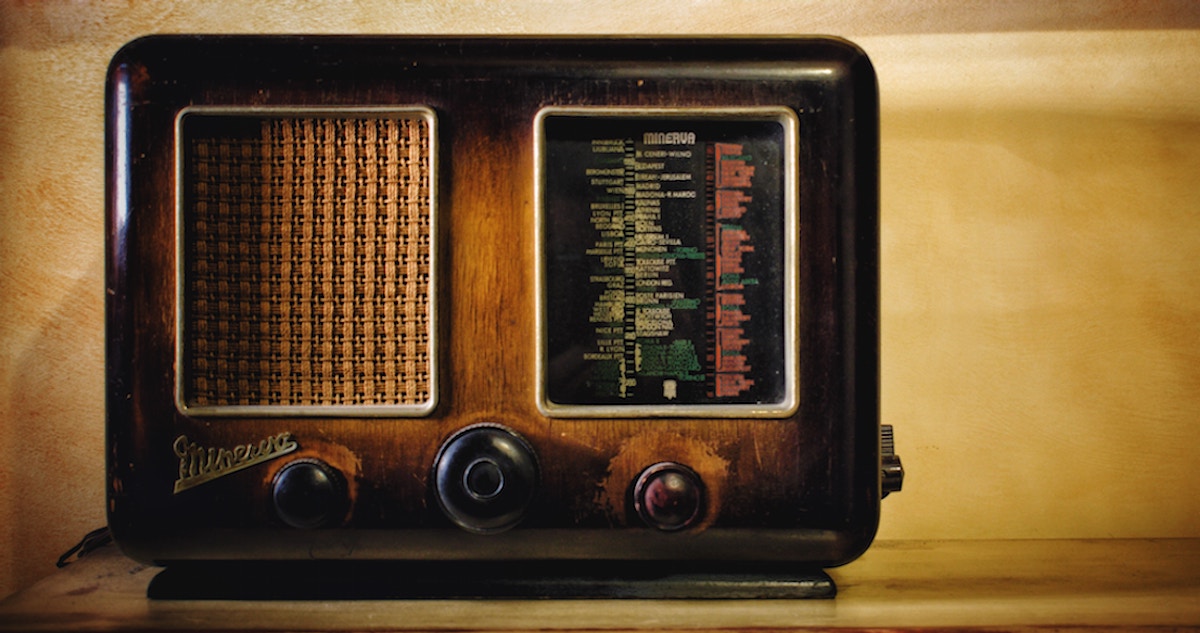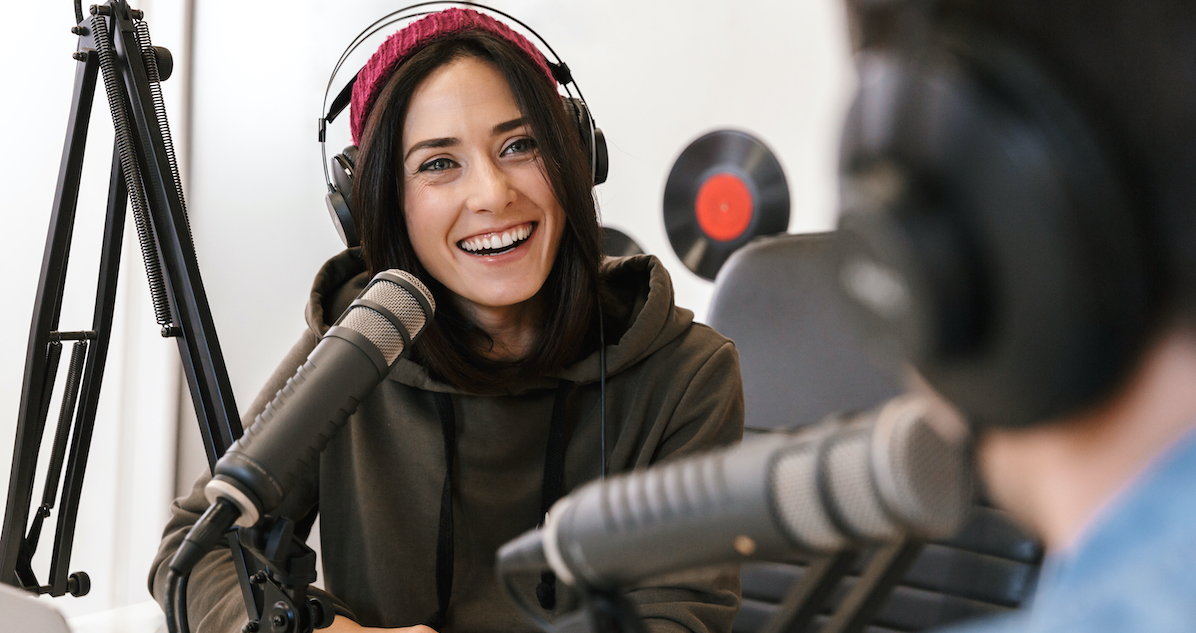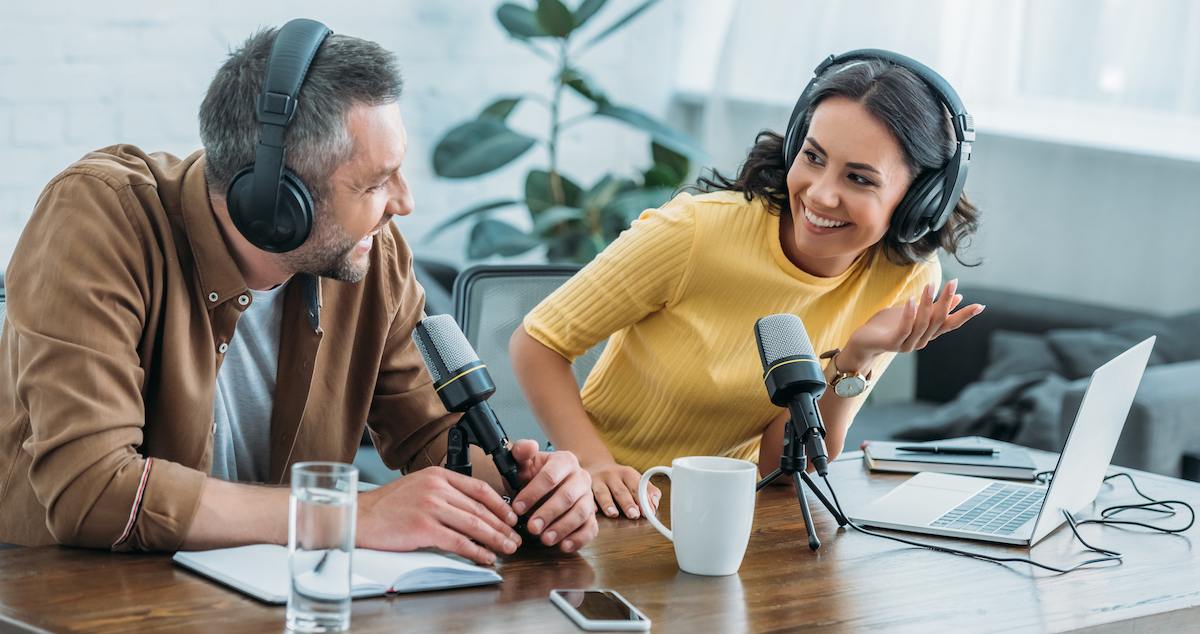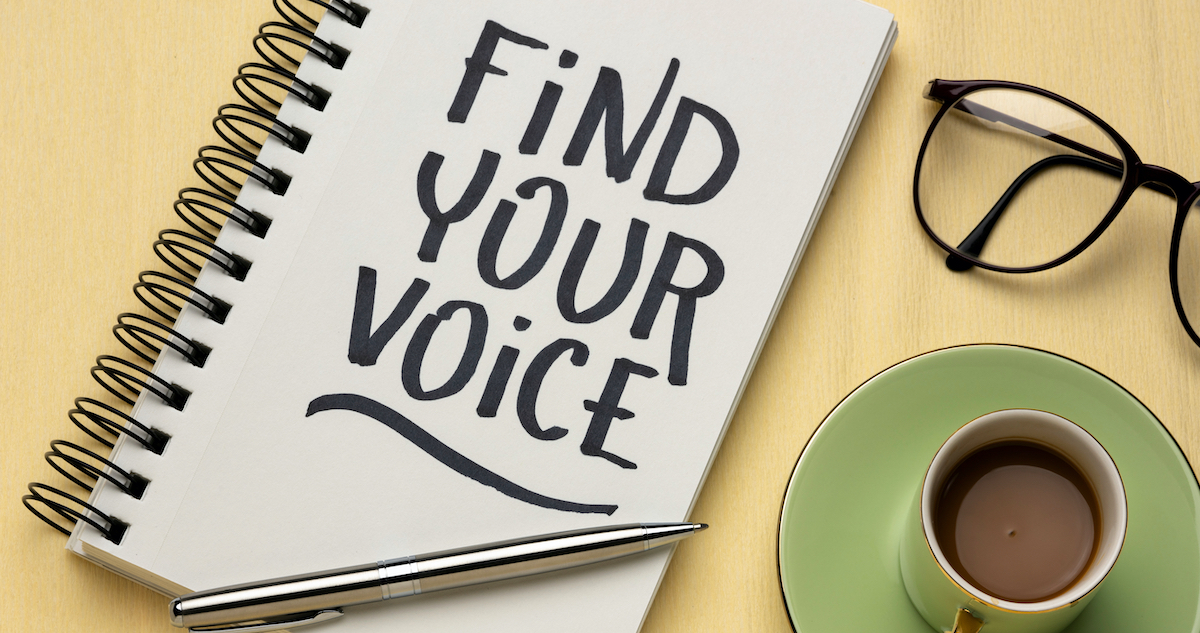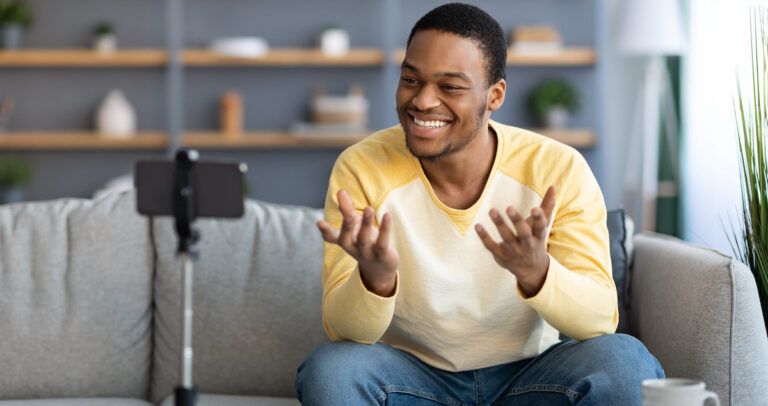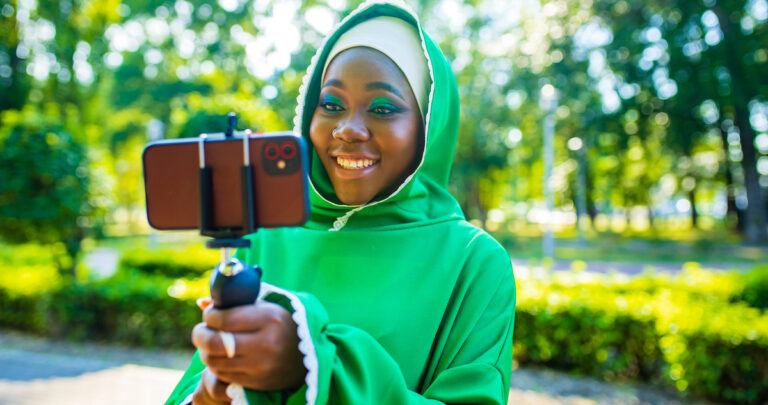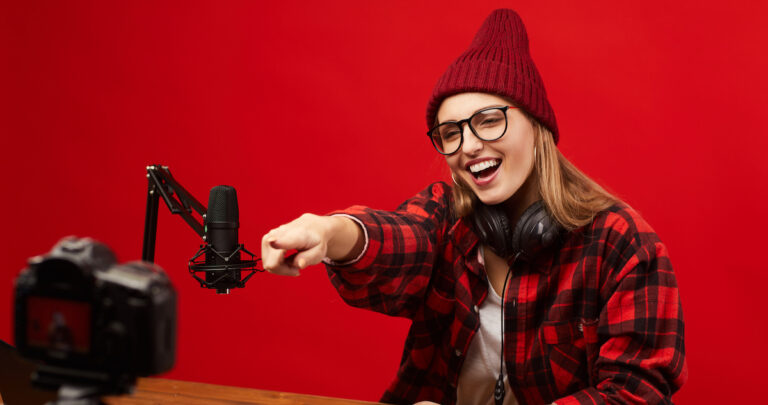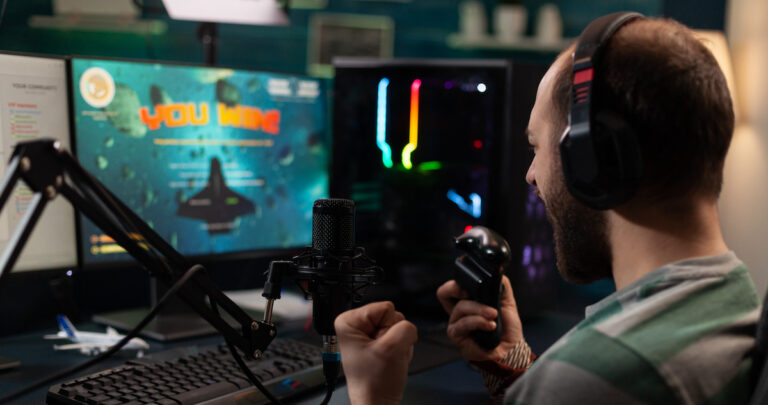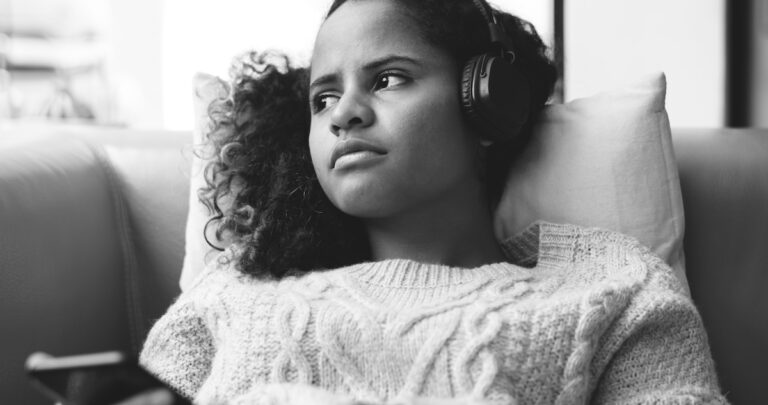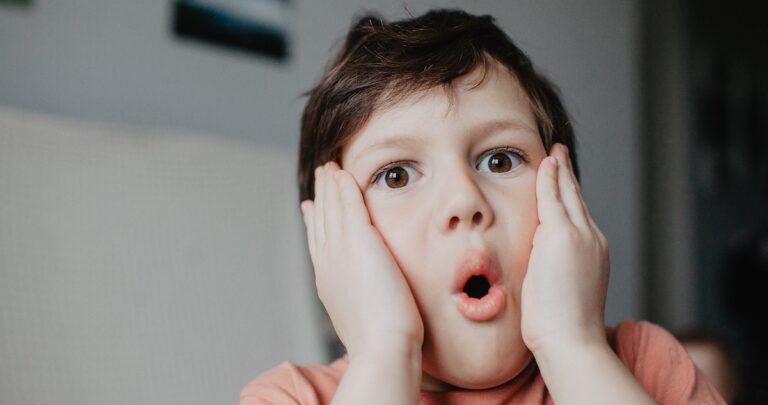Maintaining good health is of the utmost importance at the best of times, let alone the worst of times. One thing is certain: 2020 has forced us to rethink the state of our being.
People are rolling out yoga mats at home, booking reservations at gyms as they reopen, and are generally wary of leveling up their health to stay well and stay safe.
But lockdowns and remote work have forced us to confront an aspect of our health we may not have readily considered:
Our eyes!
Now more than ever, we’re in an on-screen era. Here’s a question: yourself aside when you go out, how often are people looking at screens? The answer is: all the time.
Given that a lot of jobs have transitioned to remote work, people are on screens all hours of every day. So while we make time for warrior poses and the coolest at-home exercises, we ought to make time for our eye health too.
So let’s ask you again: do you look after your eyes?
Too much light
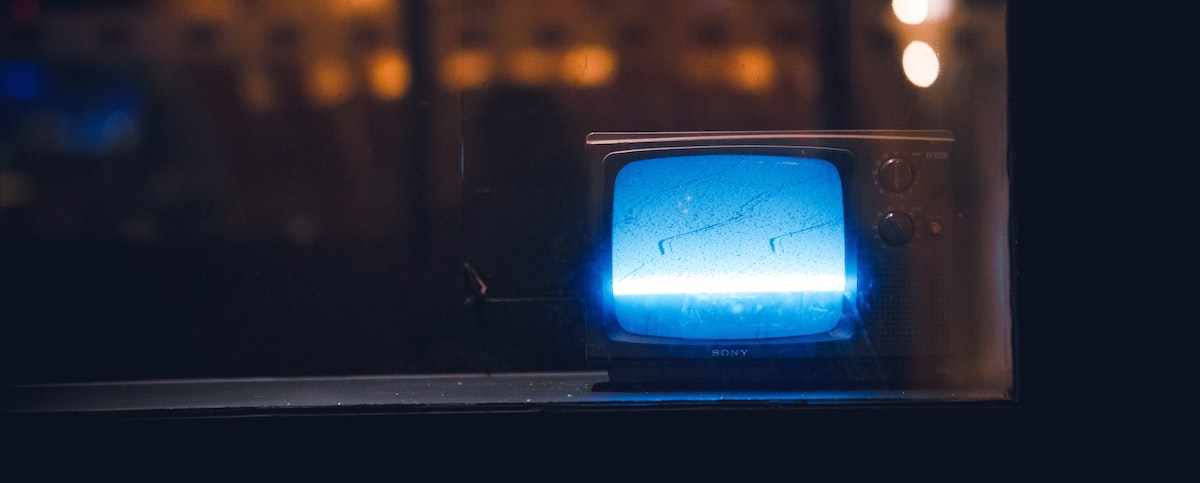
Sure, you may know this but let’s remind you again because it’s that important: screens emit blue light.
When the use of screens and electronics became widespread and frequent, people became concerned about eye strain from prolonged exposure to blue light.
The truth is, blue light is everywhere. It’s actually being emitted by the sun, and it’s necessary for good health. Just like sunlight.
Blue light helps regulate our circadian rhythm and our sleep cycles. It helps us feel alert, it boosts our moods, and improves memory and cognition.
But as the day winds down and the sun sets, we’re still getting blue light from our electronics.
That means if we’re getting ready for bed and we’re catching up on our favourite show or the latest youtube video we’ve missed, we’re exposing ourselves to more blue light.
The body then thinks it’s still in daylight mode, and we are left feeling alert and energized when we don’t want to be. At night, blue light can disrupt your circadian rhythm, and reduce melatonin — a hormone that regulates sleep.
Reduce digital eye strain
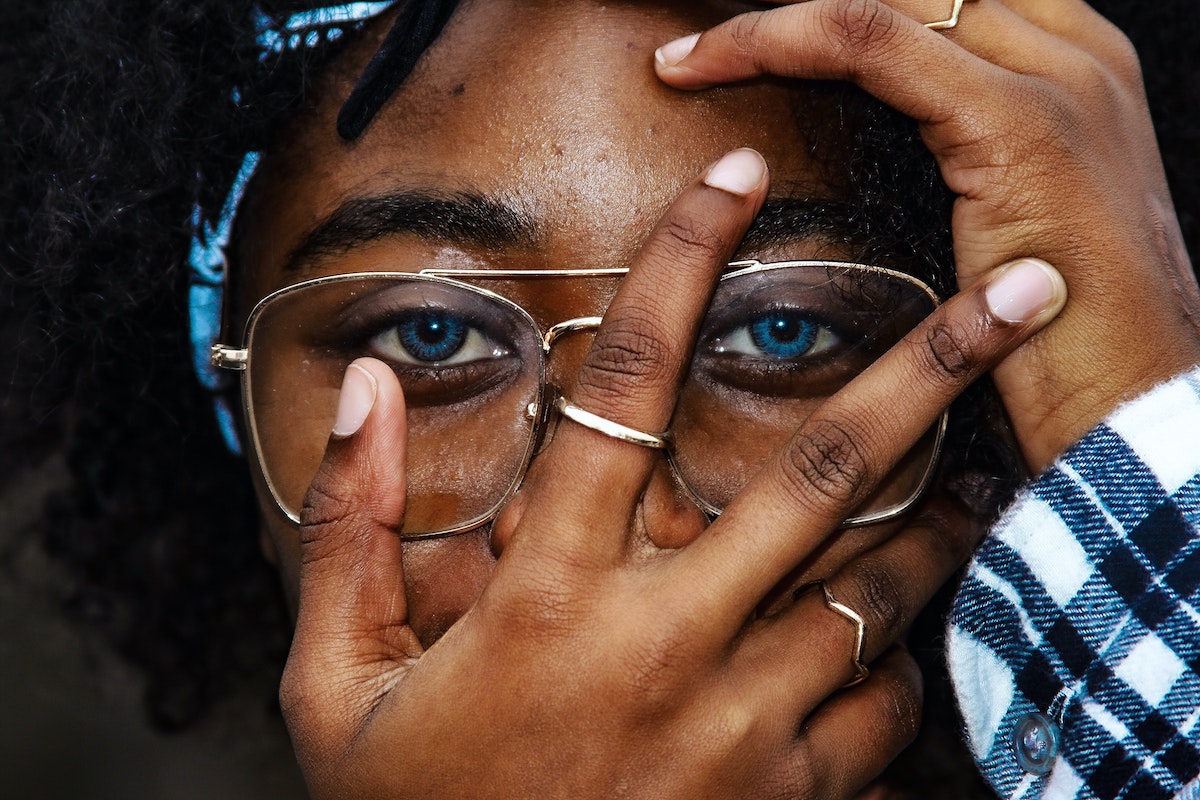
When you look at a digital screen, the blue light decreases contrast, making it difficult for your eyes to focus.
As your eyes struggle to focus, eye strain occurs. You’re then left with tired, dry and irritated eyes. Or you might have difficulty focusing your vision.
This is what happens with prolonged use of screens, but there are ways to combat these effects. The simple answer is to give your eyes a break.
Go for a glass of water, go for a walk, give your eyes something else to look at. The eye strain occurs when you’re focusing your eyes in one position for a long time. It’s akin to holding a grocery bag for a long time — the arm gets tired.
Another answer is to work out. Well, to work out your eyes.
20-20-20 rule
If it’s crunch time and you have a deadline to meet, sometimes a long break isn’t affordable. This is why the 20-20-20 rule is a popular exercise.
It’s simple and quick. After 20 minutes of looking at a screen, spend 20 seconds focusing on something 20 feet away.
The idea is that it takes 20 seconds for your eyes to completely relax, and the object 20 feet away will let your eyes adjust focus, loosening the muscles.
Change focus
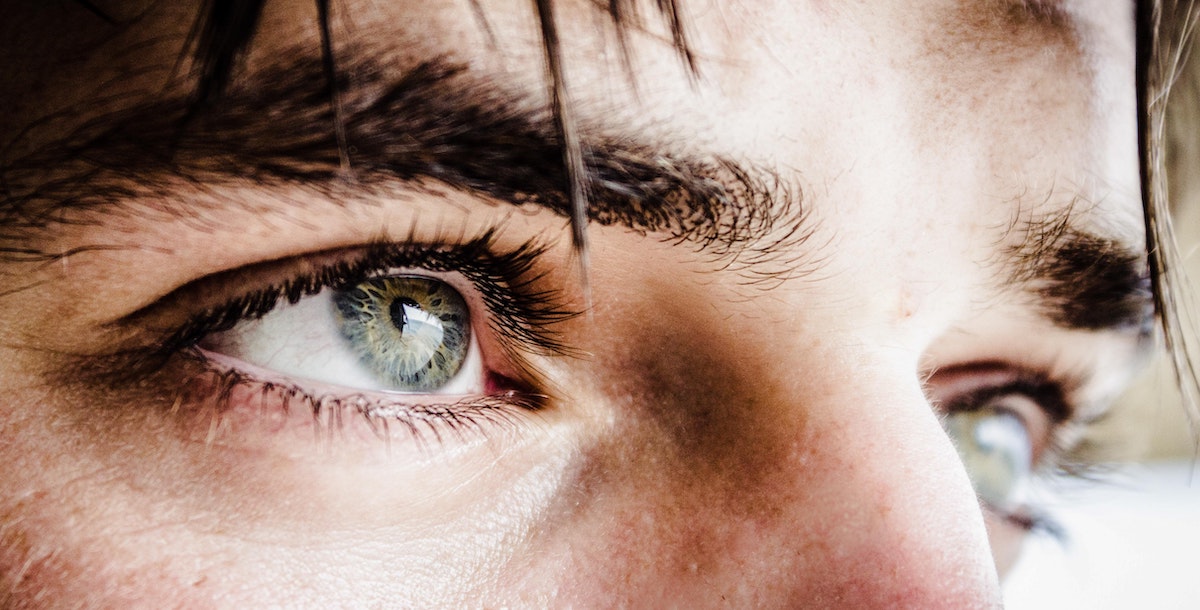
Just like the 20-20-20 rule, this is a simple exercise. Hold your index finger a few inches in front of you. Slowly move your finger forward, maintaining your focus.
Look at something in the distance briefly, then return your focus to your finger, and slowly bring the finger towards you again.
There are more exercises you can do, it’s one Google search away. But as long as you’re giving your eyes a change of scenery and not laser-beam focusing on a screen hours-on-end, you’ll be alright.
Filters
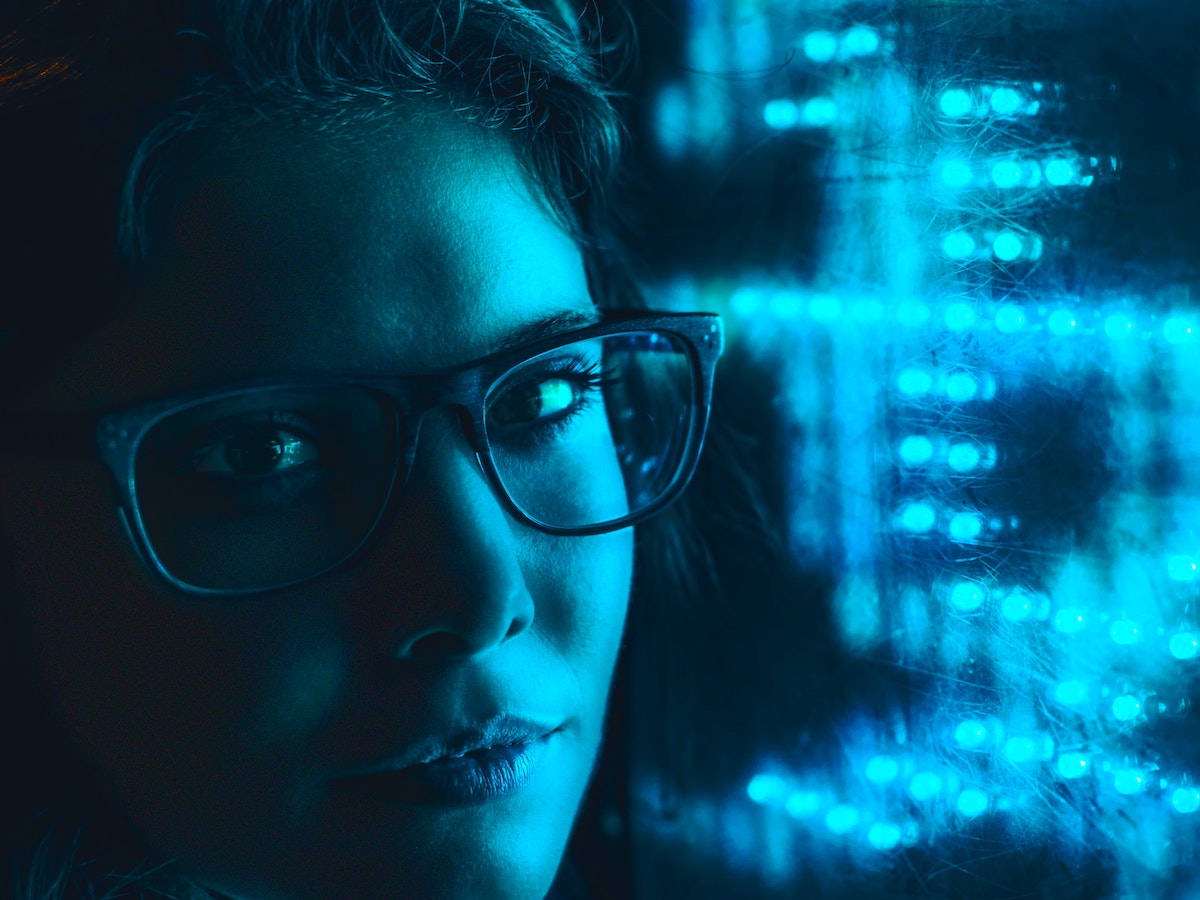
Have you heard of blue light glasses? They haven’t been around for long, so the efficacy is in question. But that hasn’t stopped people from using them, nor brand names from selling blue light glasses.
They’re supposed to block out some of the blue light and reduce some of the cons of blue light mentioned in this article.
While some people say there’s not enough data to draw meaningful conclusions, some people swear by their sleep that these glasses work. Participants in a survey recorded 58% higher levels of sleep-inducing melatonin at night.
Some other noted benefits were the absence of headaches and tired eyes since using the glasses.
Similarly, you can consider using screen filters for your devices. Popular programs like Flux or your phone’s built-in night-time filter can make it easier on the eyes.
Final thoughts
We spend a LOT of time in front of screens. When your eyes get tired, you find yourself unable to focus, or your brain is foggy, chances are you might be experiencing digital eye strain.
As we continue to focus on health during the pandemic, it’s a good idea to look after your eyes too. Remember that even when you’re excitedly searching for a professional voice actor on Voice123!


